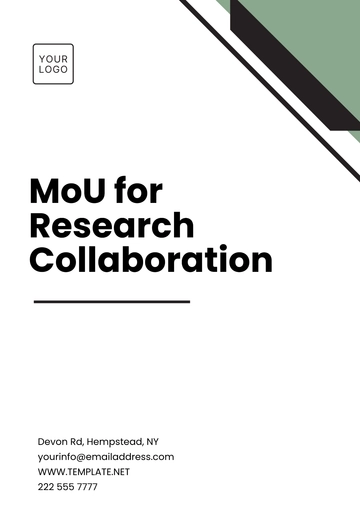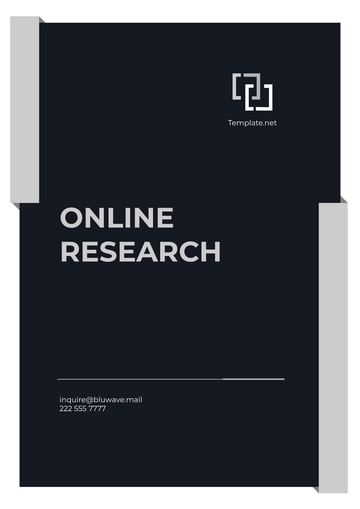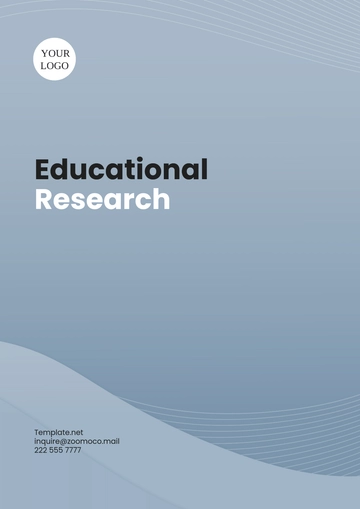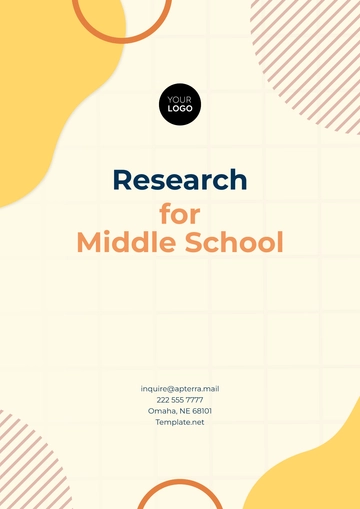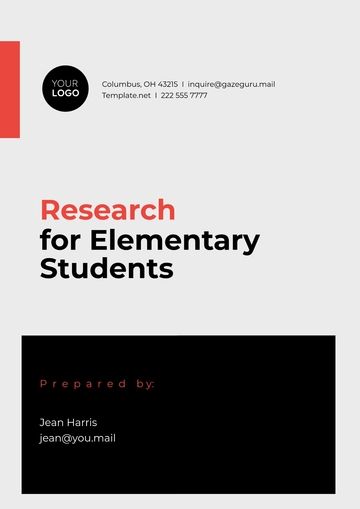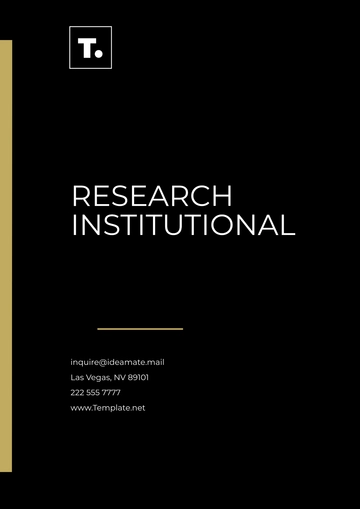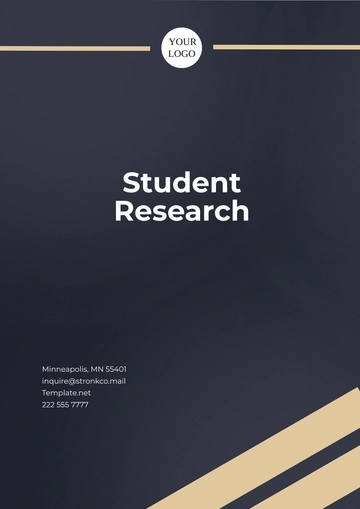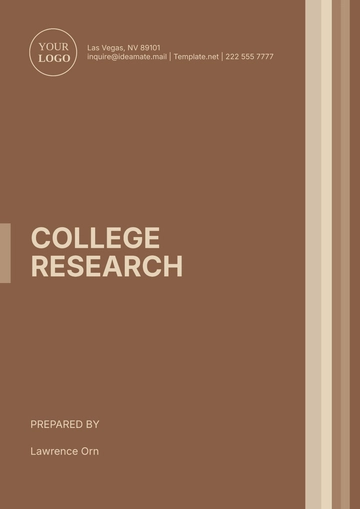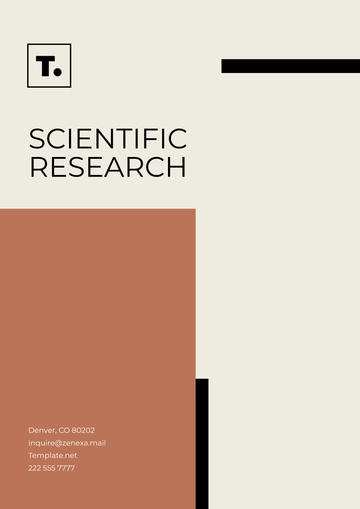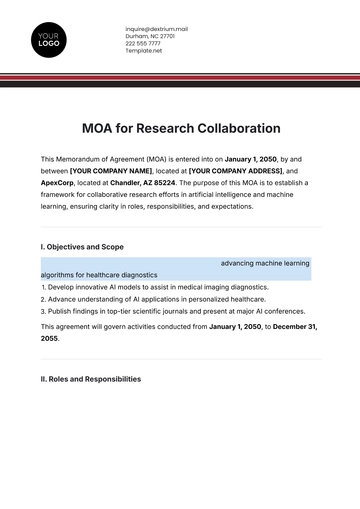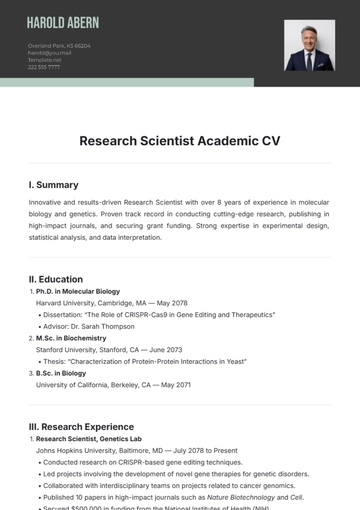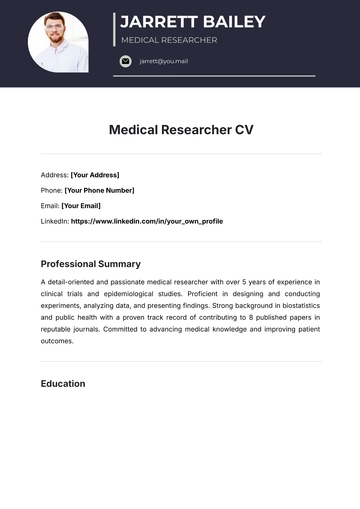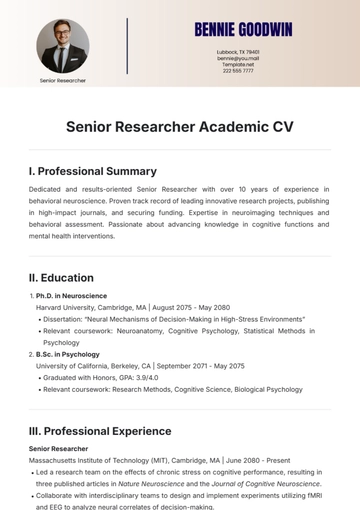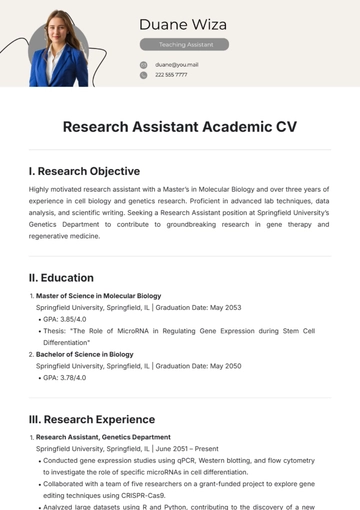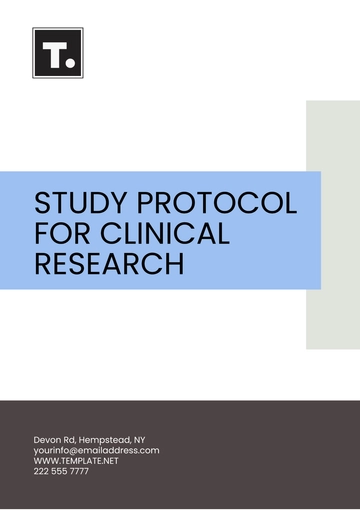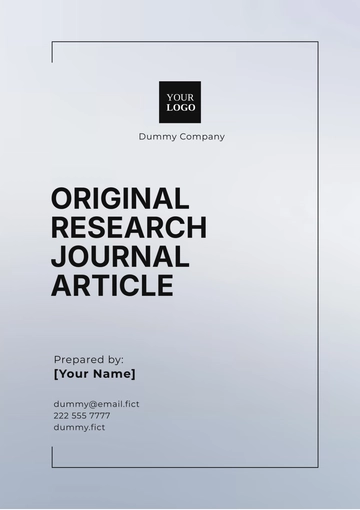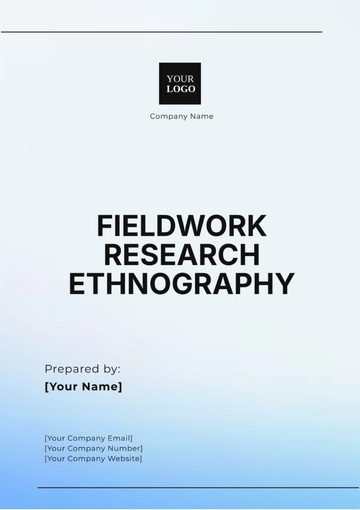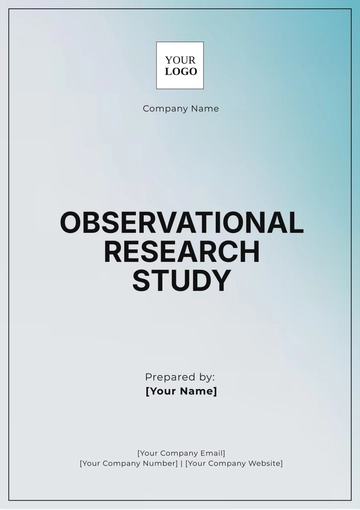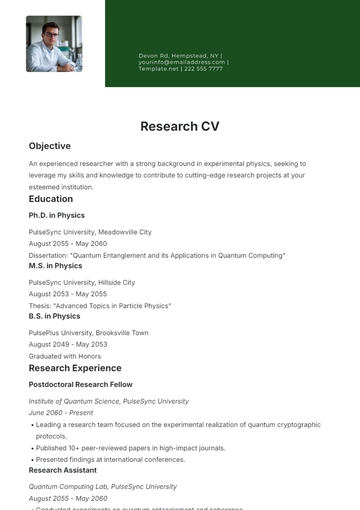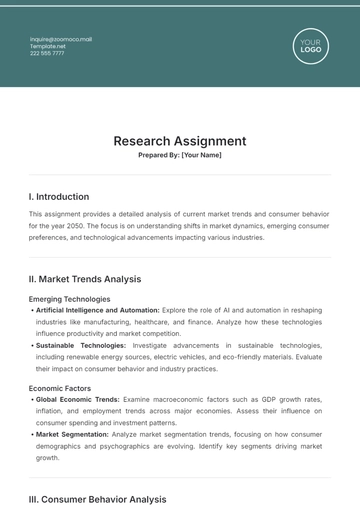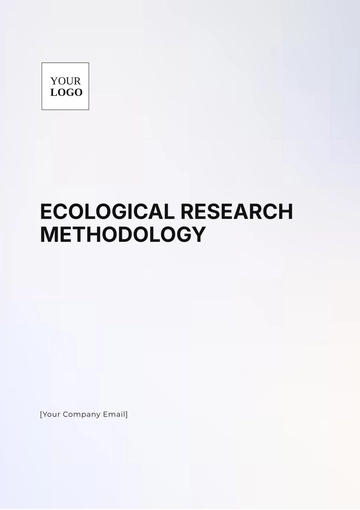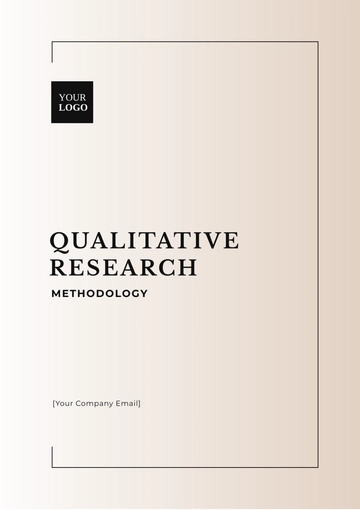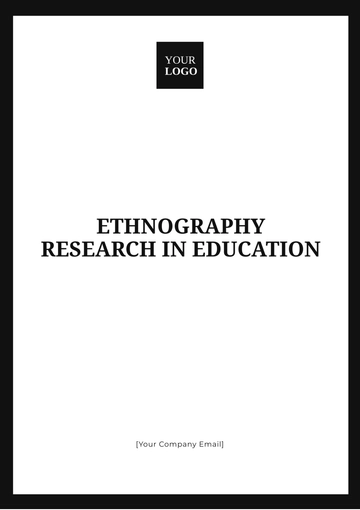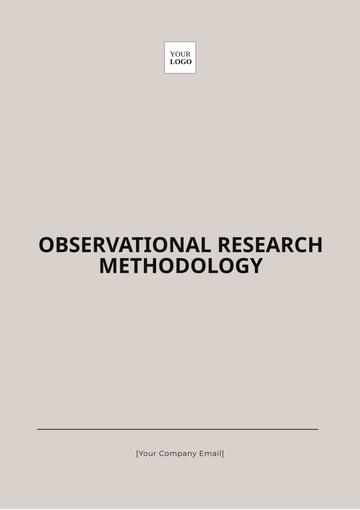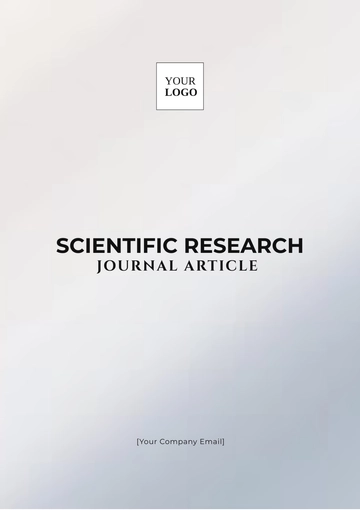Free Academic Research Example

As the researcher [Your Name] investigating the sociocultural impacts of urbanization in metropolitan areas post-2050, our study aims to provide comprehensive insights into how urbanization influences societal norms, cultural practices, and community engagement in urban environments. This research is essential for understanding the future social landscape and informing policy and community planning.
I. Introduction
Urbanization has long been a critical aspect of sociocultural evolution. Our study investigates this phenomenon beyond the year 2050, considering the rapid changes and advancements in society. This research delves into various facets such as demographic shifts, cultural amalgamation, and community dynamics. The goal is to elucidate the intricacies of urban life and contribute to the theoretical and practical understanding of post-modern urban societies.
II. Methodology
The study employs a mixed-method approach combining quantitative data analysis and qualitative ethnographic research. We sampled five metropolitan areas experiencing rapid urbanization:
Metroville
Urbana
Future City
Neo Metropolis
EcoUrban
Quantitative data were collected through surveys distributed to a diverse demographic of residents. Meanwhile, qualitative data were gathered via participant observation and in-depth interviews with community leaders, urban planners, and long-term inhabitants.
III. Demographic Shifts
Post-2050 urbanization has resulted in significant demographic shifts. Our findings indicate:
Metropolitan Area | Population Increase (%) | Median Age | Diversity Index |
|---|---|---|---|
Metroville | 30 | 36 | 0.8 |
Urbana | 45 | 34 | 0.9 |
Future City | 25 | 38 | 0.75 |
Neo Metropolis | 50 | 32 | 0.85 |
EcoUrban | 40 | 35 | 0.88 |
IV. Cultural Amalgamation
Urbanization has fostered a blending of diverse cultural practices. Key findings include the emergence of new cultural festivals, hybrid cuisines, and cross-cultural educational programs. Specific areas like EcoUrban have seen the development of community cultural centers that serve as hubs for intercultural exchange.
Field observations noted:
Increased participation in multicultural events
Hybrid art forms blending traditional and contemporary styles
Community-led language exchange programs
V. Community Dynamics
Our research highlights a transformation in community dynamics. Despite fears of societal fragmentation, urbanization has, in many areas, strengthened communal bonds through shared spaces and collaborative initiatives. For instance, the concept of "co-housing" and "shared urban gardens" has become prevalent in Neo Metropolis and Future City.
Interview insights reveal:
Enhanced neighborly interactions via shared living spaces
Rise in local community organizations
Greater civic participation through urban development forums
VI. Policy Implications
Our study underscores the need for adaptive urban policies that reflect the sociocultural shifts brought about by urbanization. Policy recommendations include:
Inclusive housing policies to cater to diverse demographics
Support for multicultural initiatives to promote social cohesion
Development of green spaces to enhance community well-being
Implementing these policies will help future-proof urban areas against the potential adverse effects of rapid urbanization.
VII. Conclusion
The socio-cultural impacts of urbanization beyond 2050 present both challenges and opportunities. We can foster more inclusive, cohesive, and vibrant urban communities by understanding these dynamics. Future research should continue monitoring these trends to adapt strategies accordingly, ensuring sustainable urban growth and a harmonious coexistence of diverse cultures.
VIII. References
Johnson, L., & Howard, R. (2052). Urban Future: Sociocultural Dynamics in Metropolitan Areas. New York: Future Press.
Smith, A. (2053). The New Urban Landscape: A Study of Post-Modern Cities. Urbana: Metropolitan Publishers.
Urban Living Research Institute. (2054). Annual Report on Urbanization Trends and Impacts. Washington D.C.: Urban Living Research Institute.
- 100% Customizable, free editor
- Access 1 Million+ Templates, photo’s & graphics
- Download or share as a template
- Click and replace photos, graphics, text, backgrounds
- Resize, crop, AI write & more
- Access advanced editor
The Academic Research Example Template on Template.net is perfect for structuring your academic research. This editable and customizable template provides a clear format for presenting your findings. It is editable in our AI Editor Tool, enabling you to easily modify and tailor it to fit your specific research needs and academic standards.
